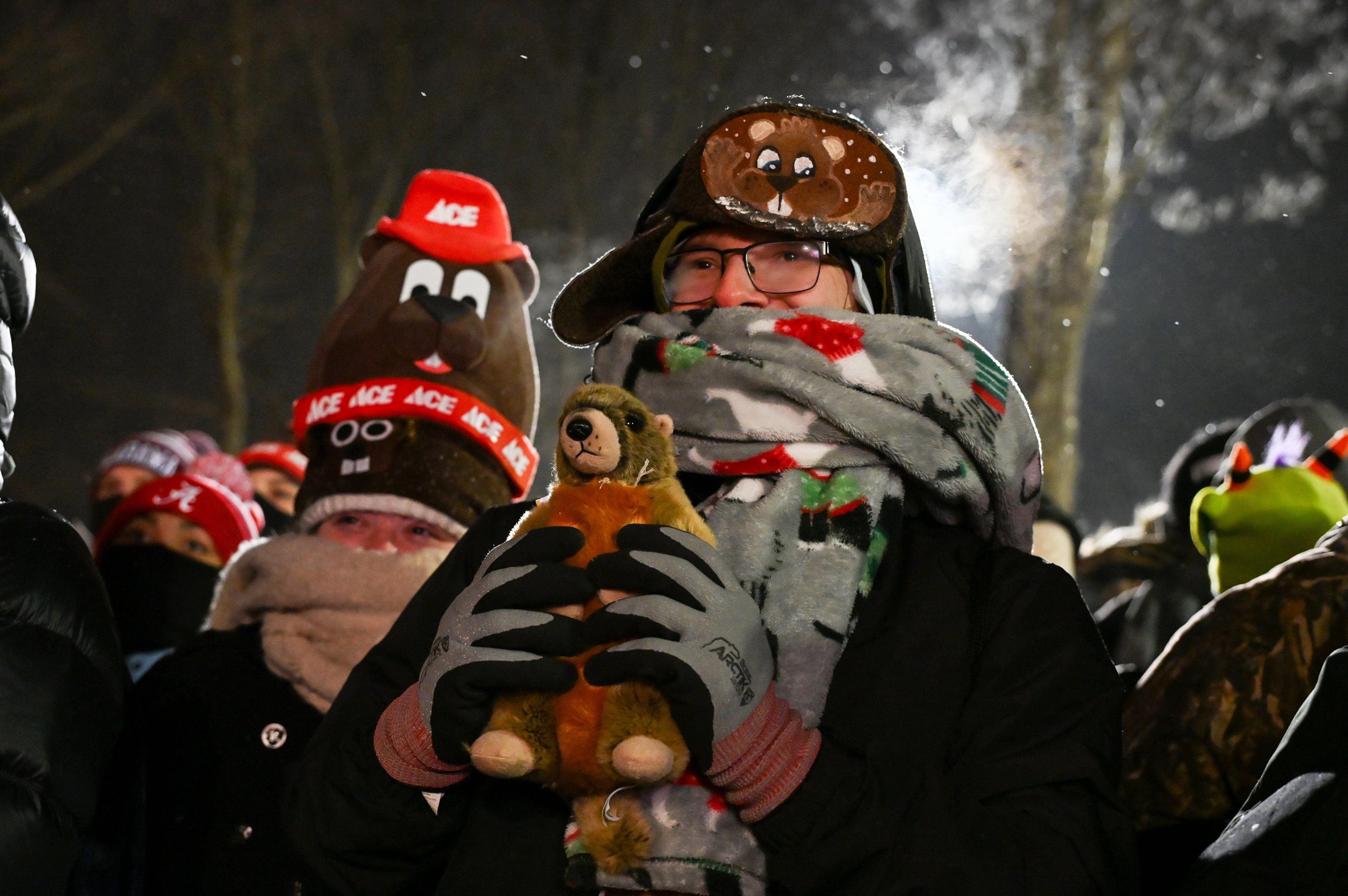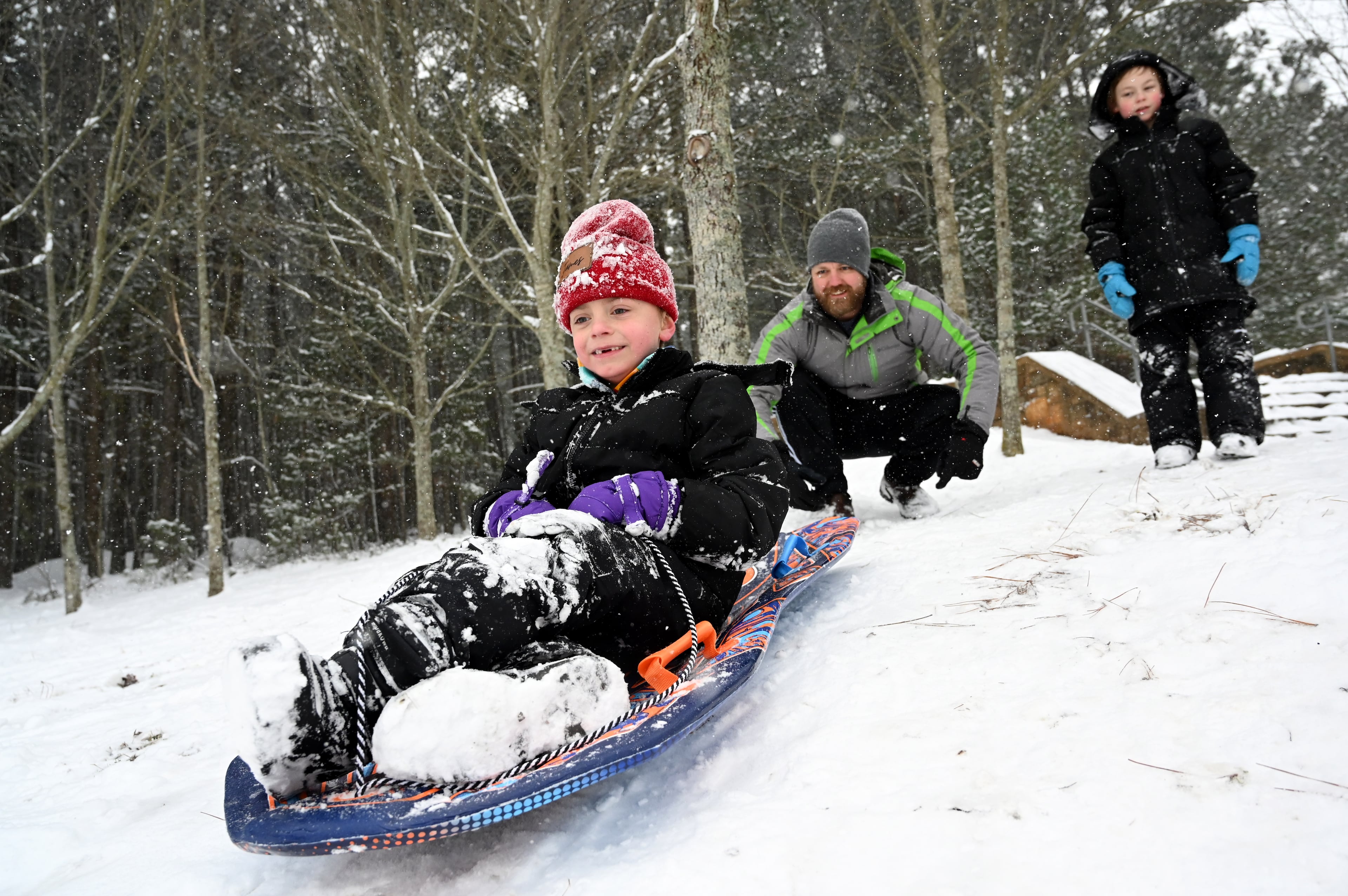CDC prepares for nuclear attack
The Atlanta-based Centers for Disease Control and Prevention is preparing for the possibility of a nuclear event amid rising tensions between North Korea and the United States.
» RELATED: Trump to visit Atlanta one year after tweets blasting 'crime-infested' district
On Tuesday, President Donald Trump took to Twitter to mock North Korean leader Kim Jong Un and his recent message in which the dictator said he had a "button for nuclear weapons is on my table" and bragged that the "entire area of the U.S. mainland is within our nuclear strike range."
North Korean Leader Kim Jong Un just stated that the “Nuclear Button is on his desk at all times.” Will someone from his depleted and food starved regime please inform him that I too have a Nuclear Button, but it is a much bigger & more powerful one than his, and my Button works!
— Donald J. Trump (@realDonaldTrump) January 3, 2018
According to the New York Times, security experts have noted "there is no reasonable military option for restraining North Korea that would not involve unacceptable loss of life."
» RELATED: KFC mocks Trump's 'nuclear button' tweet by jokingly threatening McDonald's
In response to the growing fear around the possibility of a nuclear event this week, the agency scheduled a "Public Health Response to a Nuclear Detonation" briefing for 1-2 p.m. on Tuesday, Jan. 16 with government officials to inform the public about what preparations have been made.
From the scheduled announcement:
“While a nuclear detonation is unlikely, it would have devastating results and there would be limited time to take critical protection steps. Despite the fear surrounding such an event, planning and preparation can lessen deaths and illness. For instance, most people don’t realize that sheltering in place for at least 24 hours is crucial to saving lives and reducing exposure to radiation. While federal, state, and local agencies will lead the immediate response efforts, public health will play a key role in responding.
“Join us for this session of Grand Rounds to learn what public health programs have done on a federal, state, and local level to prepare for a nuclear detonation. Learn how planning and preparation efforts for a nuclear detonation are similar and different from other emergency response planning efforts.”
The expert presentation includes:
- Dan Sosin: deputy director, chief medical officer at the CDC’s Office of Public Health Preparedness and Response
- CAPT Michael Noska: radiation safety officer and senior advisor at U.S. Food and Drug Administration’s Advisory Team for Environment, Food and Health
- Robert Whitcomb: radiation studies chief at CDC’s division of environmental hazards and health effects and the National Center for Environmental Health
- Betsy Kagey: academic and special projects liaison at Georgia Department of Health’s Office of Emergency Preparedness and Response, division of health protection.
Are you a non-CDC staff member who wants to attend the briefing in person?
You must have prior security clearance. U.S. citizens can submit a request to the Grand Rounds Team by emailing grandrounds@cdc.gov. Note that a U.S.-issued photo ID is required. Non-U.S. citizens must submit their requests 20 days prior to the session.


